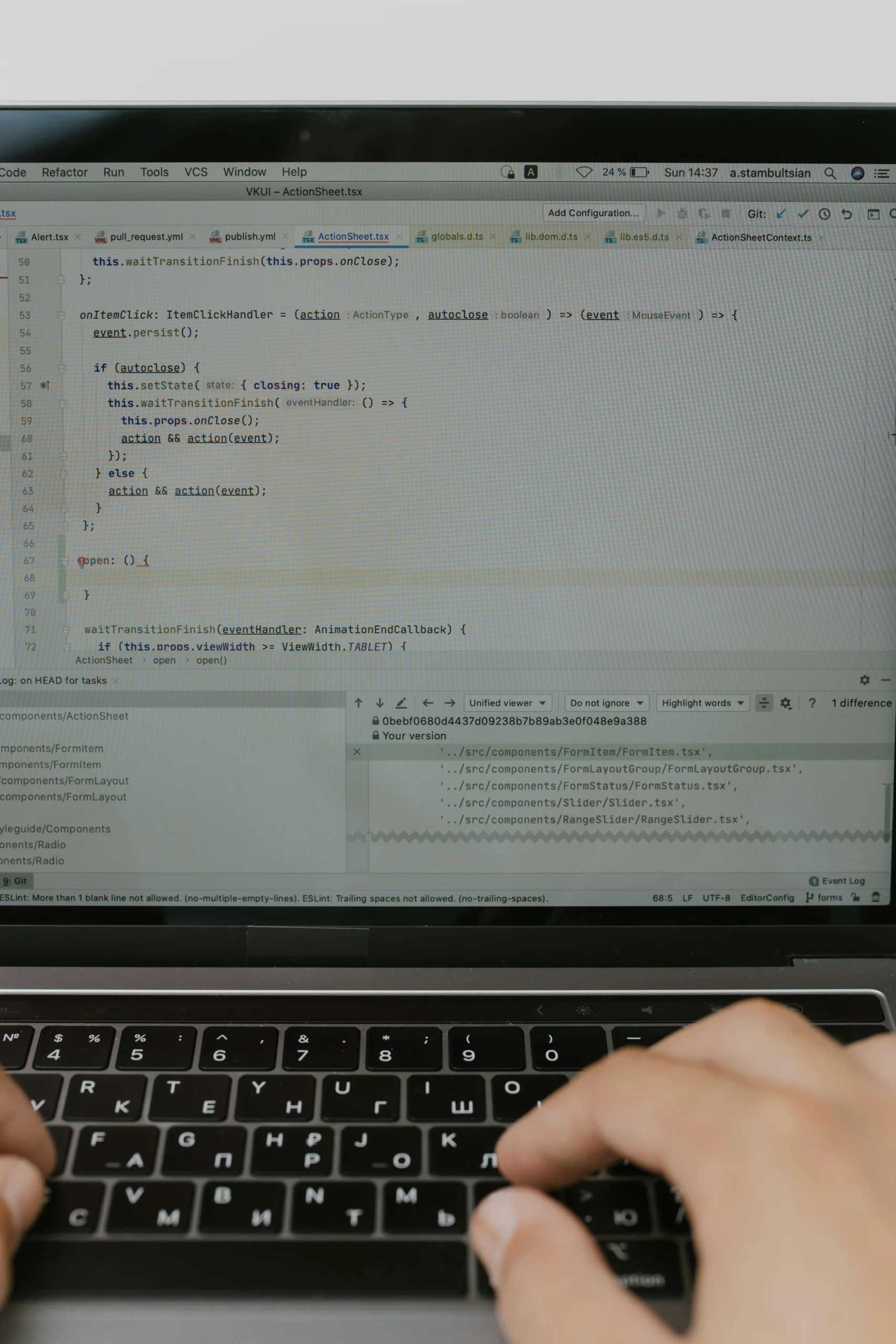The attention mechanism in Transformer models traditionally combines both content and position, which can lead to entangled representations that negatively impact performance. The proposed Polar Coordinate Position Embeddings (PoPE) addresses this issue by decoupling these two factors, enhancing the model’s ability to perform optimally on tasks that require independent evaluations of what and where. Results show that Transformers utilizing PoPE demonstrate significant improvements in evaluation loss and overall task performance across diverse domains such as music, genomics, and natural language processing.
Particularly noteworthy is PoPE’s advantage in zero-shot length extrapolation, a critical capability for handling longer sequences. While RoPE demonstrated performance degradation on extended sequences, PoPE maintained a robust performance without the need for fine-tuning or position-interpolation methods. This advancement not only suggests a superior approach to positional encoding but also highlights the broader implications of decoupling content and position in the design of neural architectures, offering a path forward for more efficient Transformers.
👉 Pročitaj original: arXiv AI Papers








